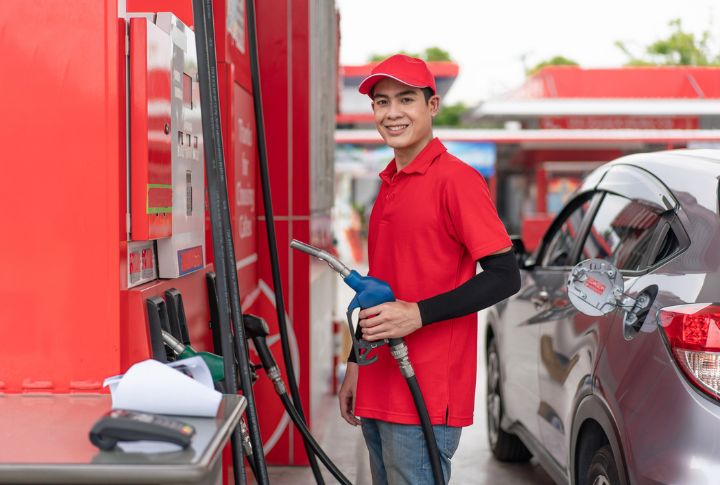
When getting fuel, convenience and cost-effectiveness are often top priorities. However, not all gas stations can provide that; some may pose risks to your vehicle and personal safety. Let’s show you fifteen characteristics of gas stations that you should avoid. Steer clear of these problematic gas brands, and you will protect yourself, your vehicle, and your wallet during refueling stops.
Poor Quality Fuel

Subpar fuel could harm your vehicle’s engine over time. Opting for such stations might seem cost-effective initially, but the long-term damage to your car isn’t worth the short-term savings. It’s better to choose stations that prioritize fuel quality and customer satisfaction to ensure your wheel’s longevity and performance.
Unsafe Infrastructure

You’ll want to avoid stations with slippery pump handles and poorly lit parking lots, which risk accidents and injuries. These stations can lead to slipping incidents while refilling, which can result in physical harm and vehicle damage. They also often lack proper safety measures, increasing the likelihood of accidents.
Rusty Tanks

There is a significant risk of contamination, potentially damaging your engine and fuel system. Rust particles can clog fuel filters and injectors, resulting in costly repairs and decreased performance. Choose stations with modern infrastructure and stringent quality control measures to protect your car from potential harm.
Faulty Equipment

Brands with malfunctioning pumps and overcharging issues can lead to frustration and financial loss. You may be charged for more fuel than you receive, resulting in disputes and inconvenience. Frequent pump breakdowns can cause long wait times and disrupt your schedule.
Poor Ventilation
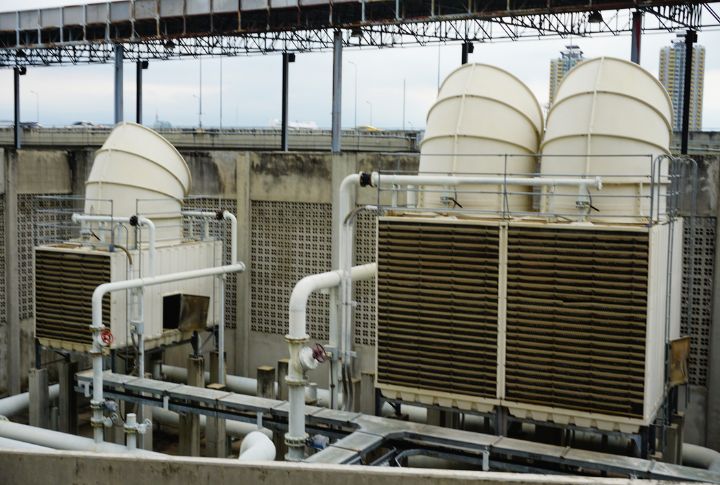
Overpowering gasoline odors indicate poor ventilation and environmental standards, which are harmful to your health. Experiencing these fumes for a prolonged period can lead to respiratory issues and headaches. Seek out cleaner, well-maintained facilities for a healthier refueling experience.
Leaky Nozzle
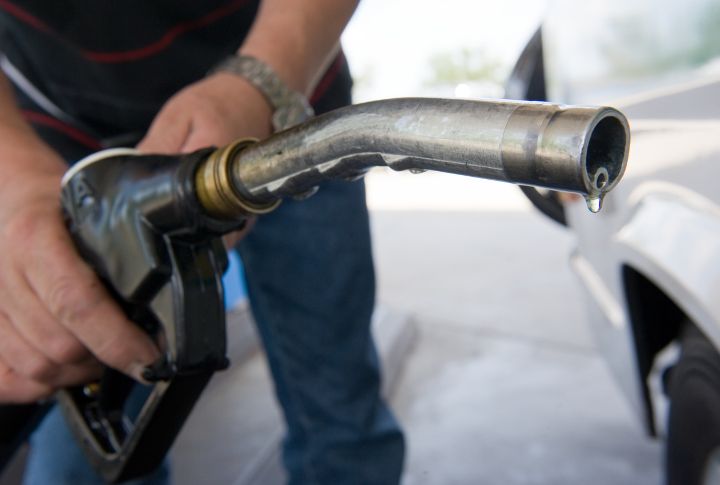
You should run from stations where leaky nozzles are present—they can cause fuel spills and damage to the environment. Not only that, but it also puts you and other customers at risk of accidents and injuries. Plus, spilled fuel can damage your car’s paint and cause corrosion.
Dirty Facilities
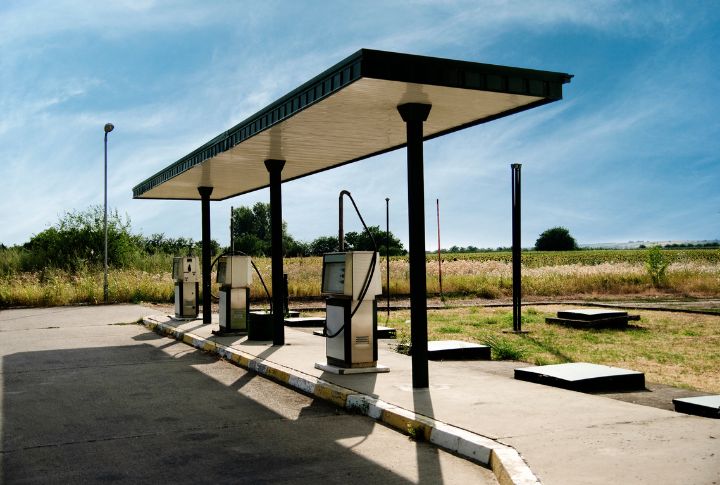
Filthy pumps and unkempt surroundings are breeding grounds for bacteria and germs, posing a health risk to customers. Pump handles covered in grime and fuel spills on the ground can transmit germs and cause illness. Look for stations prioritizing cleanliness and sanitation to ensure your refilling is safe and hygienic.
Price Gouging
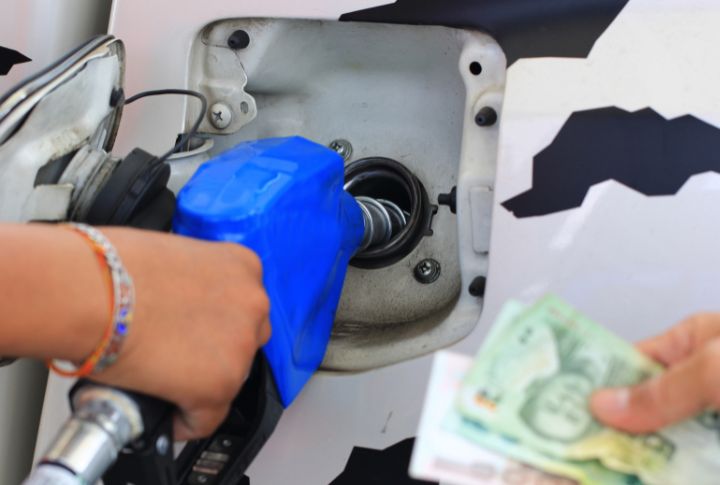
Be wary of stations that use fluctuating prices and questionable tactics designed to exploit unsuspecting customers. They often raise prices during peak hours or high-demand periods, leaving drivers feeling cheated and frustrated.
Slow Flow Pumps
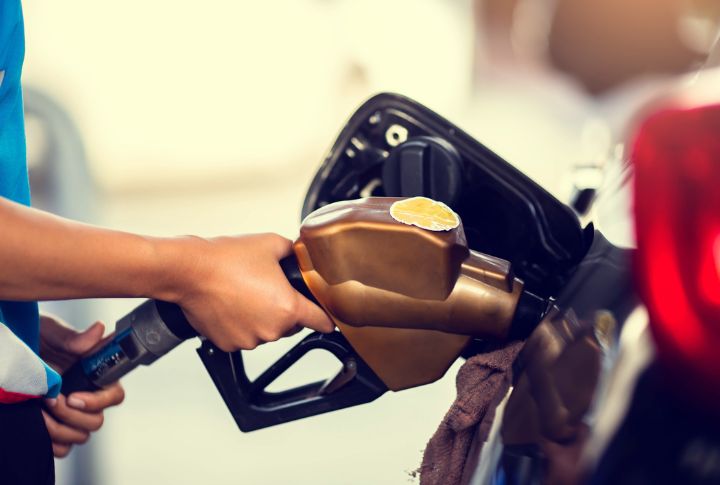
Slow pumps can delay refueling, causing frustration and inconvenience, especially in a hurry. Time is valuable, so opt for stations with efficient pumps that can dispense fuel quickly and safely.
Unattended Pumps
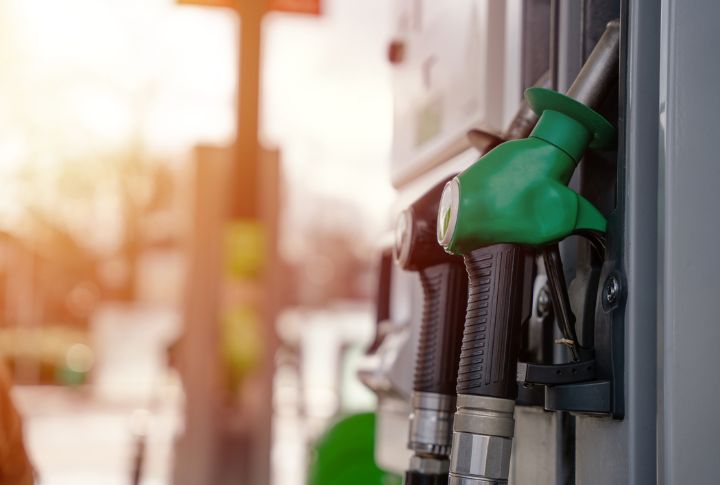
There is a security risk when pumps are unattended—they are vulnerable to tampering and unauthorized access. Without proper supervision, your personal information and financial data could be compromised during top-up. Also, such pumps are more prone to malfunctions and equipment failures, increasing the risk of accidents.
Dilapidated Facilities
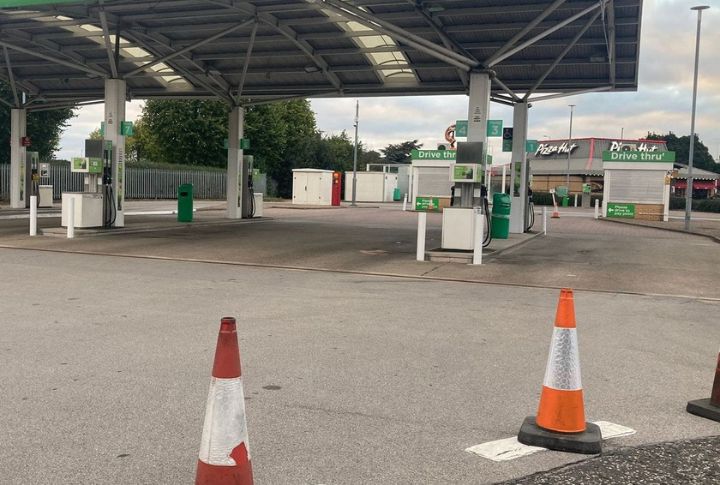
Rundown appearances indicate a lack of maintenance and neglect, raising concerns about safety and reliability. Broken pumps, cracked pavement, and dilapidated buildings detract from the station’s aesthetics and pose risks to vehicles and personal safety. Patronizing such stations can lead to accidents and costly repairs.
Out-of-Service Pumps
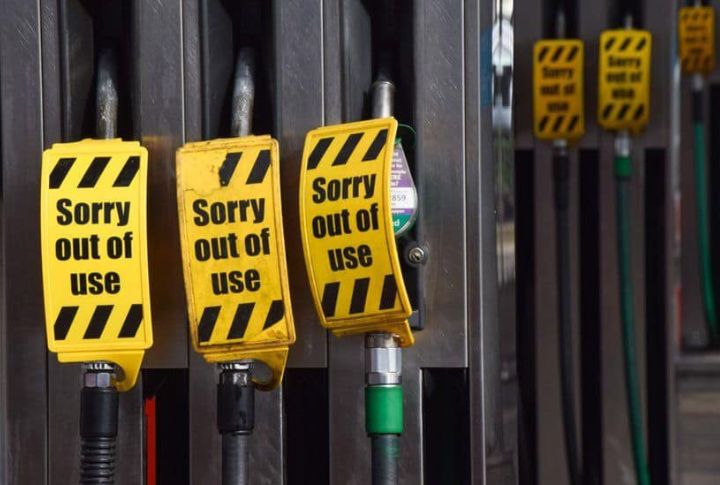
Don’t waste your time stopping at stations with out-of-service pumps, which can cause frustrating delays and inconvenience. They are especially problematic when you’re low on fuel and need a quick fill-up.
Questionable Fuel Quality
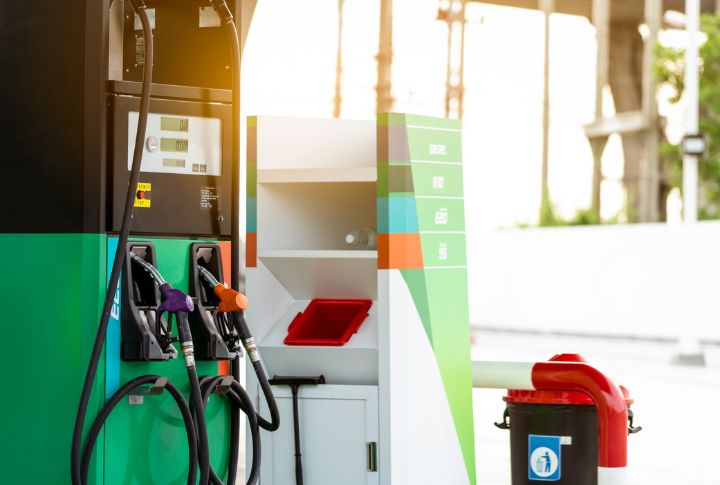
Exercise caution when considering topping up at stations with questionable fuel quality, as it can lead to engine issues and decreased fuel efficiency. Impurities or low-grade fuel can harm your car’s engine and performance over time. Saving a few cents per gallon isn’t worth the risk of long-term damage.
Congested Locations
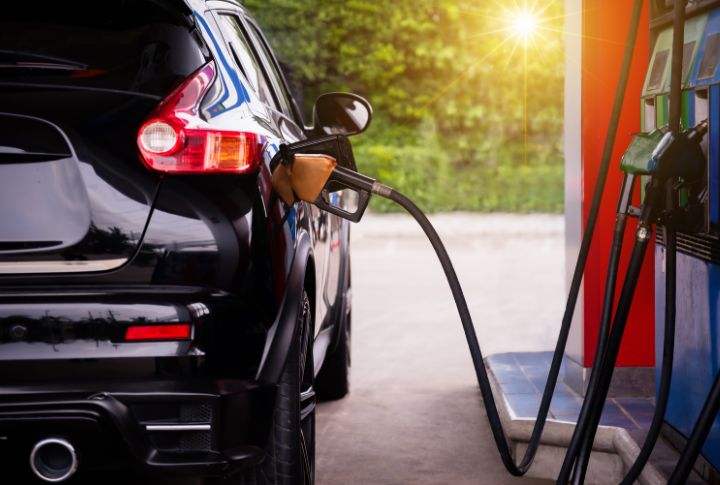
Stations in crowded areas with limited space can create a chaotic top-up experience, with long lines and impatient drivers vying for a position. Dealing with a crowded lot can be challenging and stressful, especially during peak hours. Your convenience is worth the extra effort of finding a less crowded spot.
Noisy Environments
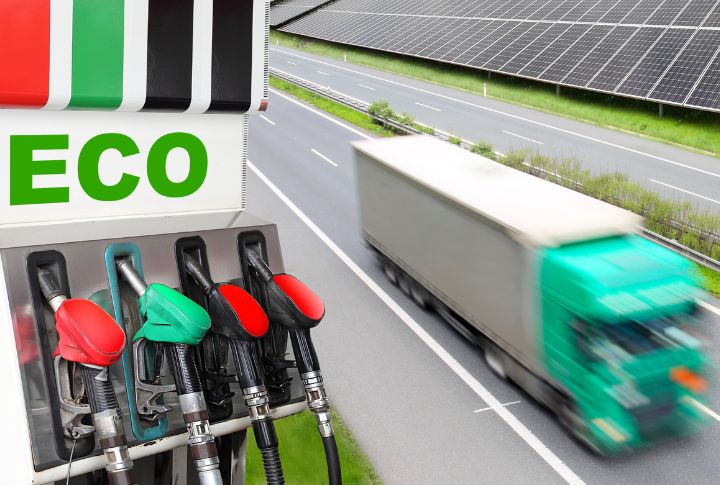
Steer clear of stations near busy highways or industrial areas, as they can be noisy and disruptive. The constant roar of traffic and industrial machinery can make for an unpleasant experience and may even affect your concentration while driving.

Comments
Loading…